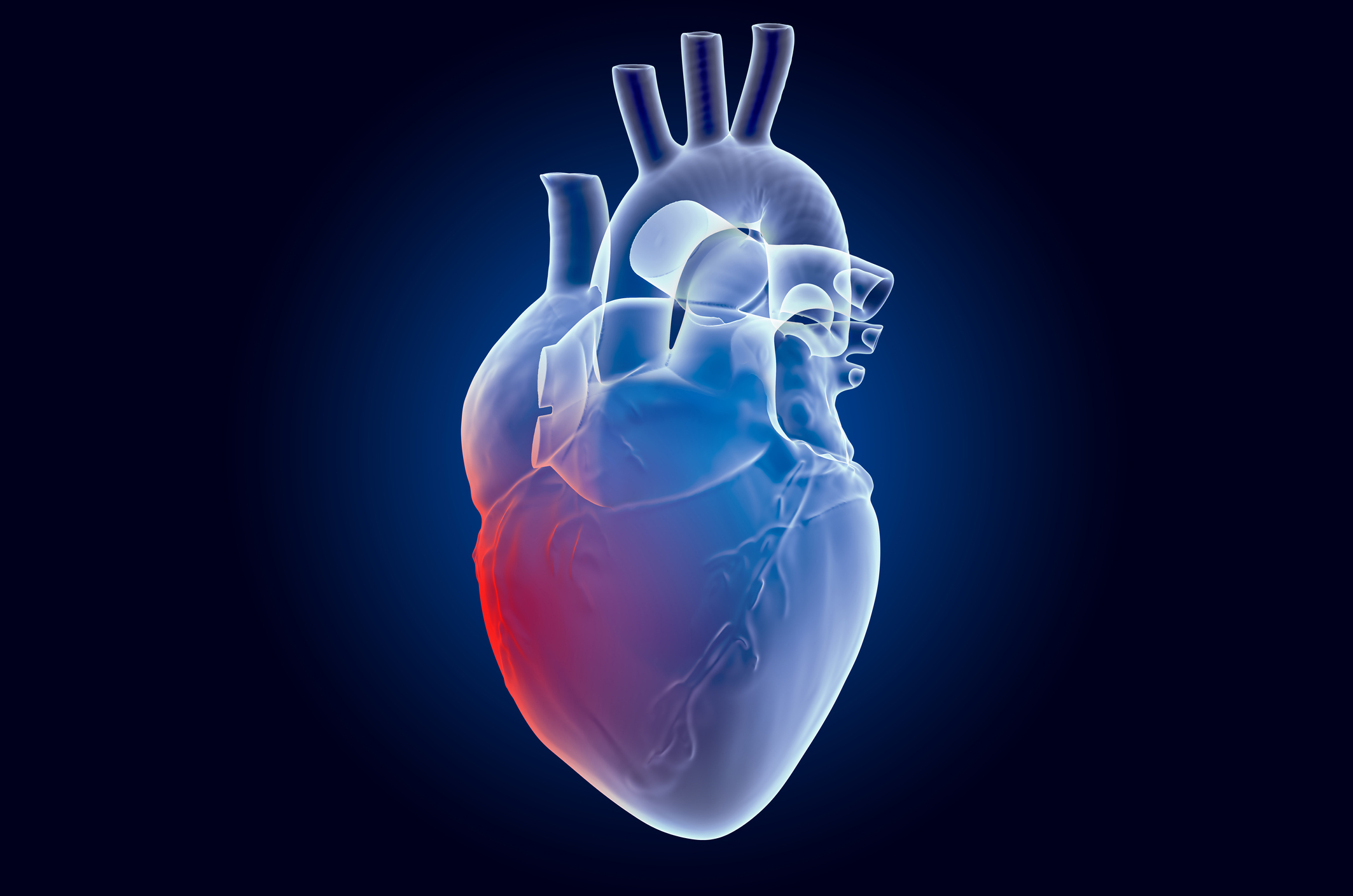Health Capsule
Understanding Heart Inflammation

Inflammation is your body’s response to infection or injury. Ongoing inflammation can cause many serious health problems. When it affects your heart muscle, it’s called myocarditis.
Myocarditis can affect small or large sections of the heart muscle. Severe cases may cause abnormal heart rhythms or make it harder for the heart to pump blood. That can lead to heart failure.
Symptoms of myocarditis can include chest pain, fast or abnormal heartbeat, shortness of breath, and swelling in your feet or legs.
Viral infections are a common cause of myocarditis. Other infections can also cause the condition. These include bacteria, fungi, or parasites.
Myocarditis may also be a part of an autoimmune disease. This happens when your body’s disease fighting system, called the immune system, mistakenly attacks and destroys your own cells.
Certain medications can also put you at risk for myocarditis. A health care provider can diagnose the disease with a physical exam, blood tests, and tests of your heart function. The cause of the disease will determine your treatment.
Mild cases of myocarditis might only require rest, close monitoring, and follow-ups with the doctor. More severe cases may need medication.
If you’re diagnosed with heart inflammation, it’s important to follow your treatment plan and receive follow-up care. Talk to your health care provider if you have any concerns about your heart health.
Learn more about myocarditis.
NIH Office of Communications and Public Liaison
Health and Science Publications Branch
Building 31, Room 5B52
Bethesda, MD 20892-2094
Contact Us:
nihnewsinhealth@od.nih.gov
Phone: 301-451-8224
Share Our Materials: Reprint our articles and illustrations in your own publication. Our material is not copyrighted. Please acknowledge NIH News in Health as the source and send us a copy.
For more consumer health news and information, visit health.nih.gov.
For wellness toolkits, visit www.nih.gov/wellnesstoolkits.




